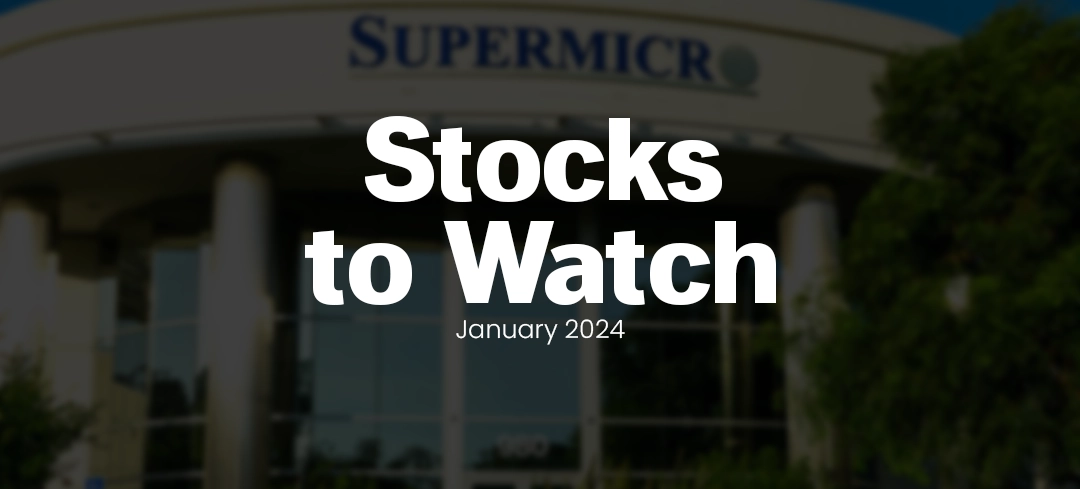In October, inflation in the UK hit a two-year low, enabling Prime Minister Rishi Sunak to tout success in his commitment to halve the rate of price increases this year. However, despite the positive headline, critics argue that businesses and households are still grappling with persistently high bills and an underperforming economy, casting doubt on Sunak’s additional promise to stimulate growth.
According to the Office for National Statistics (ONS), consumer prices increased by 4.6% last month compared to the previous year, a significant drop from September’s 6.7%. This deceleration was primarily attributed to a substantial decrease in household energy costs, reflecting a decline in natural gas wholesale prices. A moderation in the rise of food prices also contributed, with food inflation hitting its lowest level in over a year at 10.1% in October.
Sunak expressed his satisfaction on the X platform (formerly Twitter), stating, “We have halved inflation, meeting the priority I set out in January. As many people continue to struggle, we must stay the course to get inflation all the way back down.”
However, Gary Smith, the general secretary of the GMB labor union, dismissed the celebration, stating that the inflation figures offer “cold comfort” to those “struggling to make ends meet.” He criticized the government for focusing on an “artificial target” while the economy faced challenges, leaving millions with unmanageable bills.
The Bank of England, responsible for controlling inflation through interest rates, maintains a target inflation rate of 2%, requiring a further reduction in inflation. Despite the recent slowdown, Governor Andrew Bailey warned that inflation remained excessively high.
Economists caution that underlying pressures, including wage growth and service costs, persist. Services inflation, for example, fell but remained elevated at 6.6%. Alex Veitch, the director of policy at the British Chambers of Commerce, emphasized that consumers still face “worryingly high” prices, and businesses struggle due to challenges such as high interest rates, skills shortages, and difficult trading conditions.
While inflation has retreated from January’s rate of over 10%, Sunak’s second pledge to foster economic growth appears elusive. The UK’s GDP showed zero growth in the July-to-September period, indicating a challenging economic environment. Some analysts suggest that the UK is grappling with stagflation, characterized by high inflation coupled with low or no economic growth.
Higher interest rates seem to be straining the economy, with a NatWest survey revealing a decline in business activity across most regions in the UK due to weak demand for goods and services. Additionally, UK business confidence hit its lowest point this year in October, according to a survey by Accenture and S&P Global, with concerns about the cost of living and elevated interest rates dampening positive effects from milder inflation.
Next week, Finance Minister Jeremy Hunt will present the government’s spending and tax plans in the midterm budget, known as the Autumn Statement. Alex Veitch sees this as an opportunity for the government to articulate a clear strategy for fostering growth amidst the current economic challenges.



